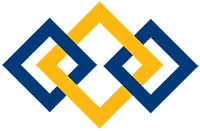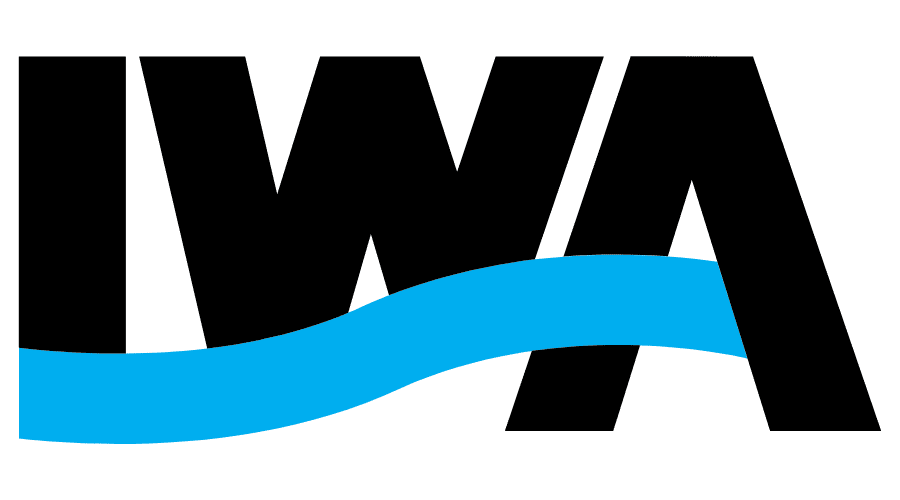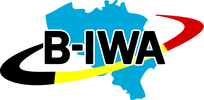Analysis
With the help of mathematical methodologies for model analysis, BIOMATH aims at valid model representations that closely match experimental observations. Once validated, a model is used for deepening the understanding of the overall process behaviour.
Optimisation
A mathematical model is usually not considered as an end in itself. Optimising the process using the model is considered key in BIOMATH's philosophy. To do so, different mathematical methodologies are studied in order to optimise process operation as well as future experimentation using the model as a simulator of the real-world process.
Digital Twins
Mathematical models are also an integral part of the development of digital twins, which are themselves at the heart of the digital revolution. A digital twin is a virtual representation of a real system, which by virtue of continuous monitoring and high predictive power can be used to provide real-time optimisation and control.
Find Out More About Us
At BIOMATH, we develop and apply mathematical models and methodologies for the analysis and optimization of bio-processes.
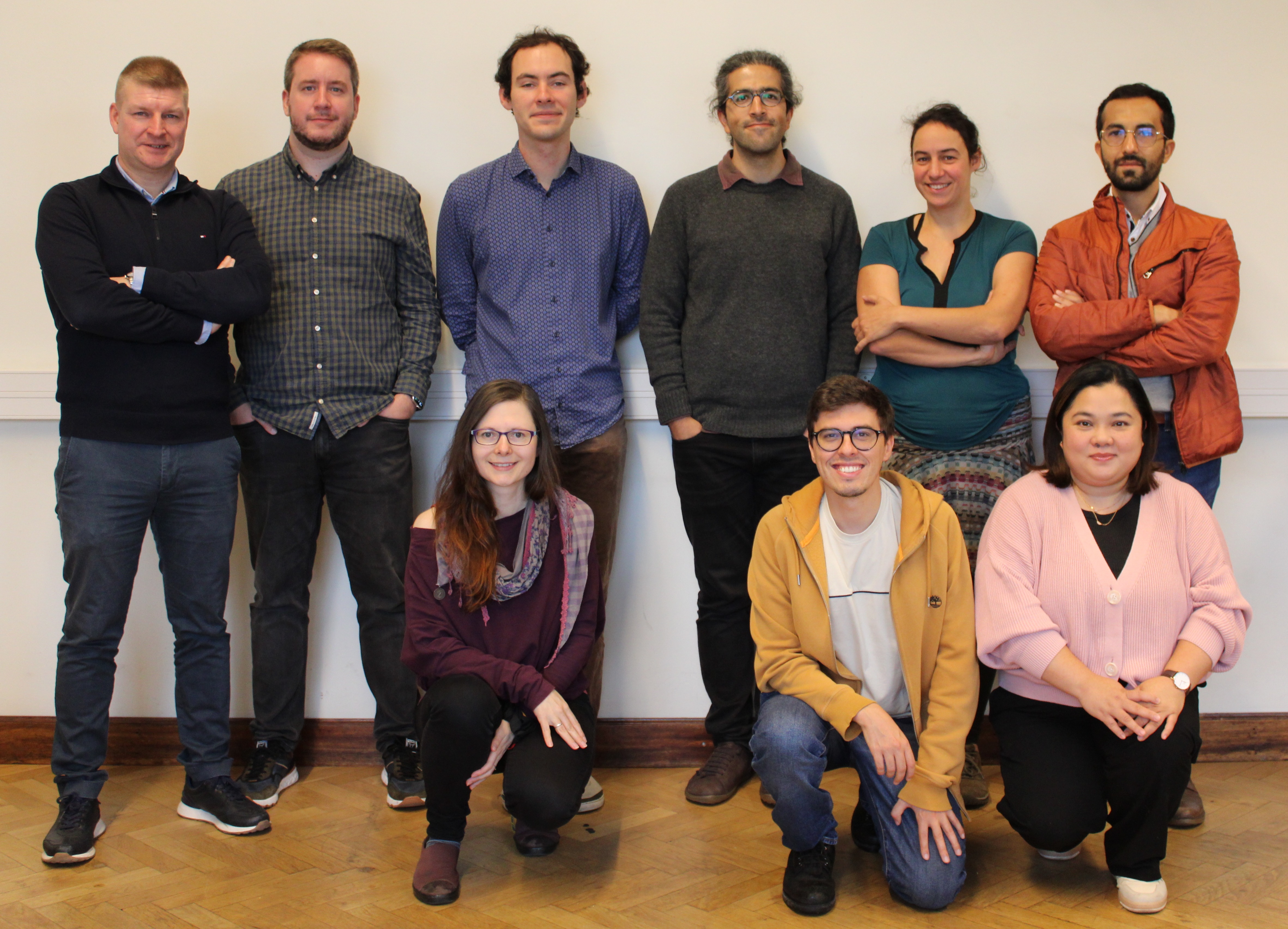
The primary focus is on mechanistic models, which are used to support a variety of priority sectors ranging from wastewater treatment and resource recovery to pharmaceutical manufacturing, ecology, and bioprocess technology. By doing so, BIOMATH has gained expertise in the fields of computational fluid dynamics (CFD), population balance modelling (PBM), and bio-kinetics.
We are an international team of passionate engineers with knowledge of water- and process-related systems at different scales, ranging from unit processes over process trains and plants to urban water systems. We like to think out of the box and be pro-active to the next level of model usage in the context of digitalisation.
Through its cooperation with like-minded partners, BIOMATH aims at stimulating the use of the same modelling knowledge across sectors. By committing ourselves to a wide range of research questions in different fields of application, we strive to expand our know-how continuously to offer high-quality solutions.
Research Topics

Mechanistic Models
The development of mechanistic models has been the traditional focus of BIOMATH. These models use first principles such as mass, energy, and momentum conservation to mathematically describe a process of interest. As such, the application can vary from fundamental research to full-scale plants, and everything in between.
Mechanistic models are attractive because they allow for the inference of causal relationships between process inputs and outputs. Additionally, they typically require a reduced amount of experimental data for calibration and validation purposes. However, a relatively high degree of specialised process knowledge is needed for the successful implementation of this approach.
BIOMATH has performed extensive research on, among others, computational fluid dynamics (CFD), population balance modelling (PBM), and bio-kinetics. CFD can be particularly valuable for the understanding of the intricate flow behaviours occurring in a wide variety of systems of industrial relevance (e.g., membrane bioreactors, activated sludge tanks, water distribution networks, etc.). In turn, PBM concerns itself with the prediction of the dynamic evolution of distributions (of flocs, granules, particles, bubbles, etc.), which makes it especially useful for the modelling of many processes such as granulation, coagulation-flocculation, and aeration. Finally, biokinetic models are used to describe the time-dependent evolution of biochemical species, which is fundamental for the understanding of yet another ample range of systems, such as anaerobic digestion, and (bio)pharmaceutical manufacturing.
Next to these (potentially coupled) methodologies, advanced model diagnostic tools such as global sensitivity and uncertainty analysis are extensively used by BIOMATH to construct robust models with high predictive power. Moreover, the knowledge collected by high-resolution (but computationally expensive) methods can be distilled and used to inform simpler and nimbler models and/or data-driven methodologies. The target application always determines the optimal approach.

Data-Driven Models
Data-driven models lie on the opposite side of the knowledge requirement spectrum. Unlike mechanistic models, these methods can typically be applied without a deep understanding of the underlying phenomena driving any given process. Instead, they use large amounts of experimental data to learn relationships between inputs and outputs, which confers them special practical applicability. The downsides are those large data requirements and the degraded interpretability: with data-driven models, we normally talk about correlation, not causation.
These approaches are nevertheless quite interesting, since they are typically computationally inexpensive to run after training, and they potentially offer high degrees of accuracy. This makes them attractive for online applications, optimisation, and control. As a result, data-driven models are widely understood to be at the heart of the upcoming digital revolution. Consequently, BIOMATH is actively engaged in the development of reliable data-driven models for multiple applications, such as, for instance, water resource recovery facilities, and cooling towers. For this, a large repertoire of state-of-the-art machine learning and deep learning methodologies (e.g., gradient boosting machines, principal component analysis, neural networks, etc.) are leveraged and tuned to serve a fit-for-purpose role.
Hybrid Models
As their name suggests, hybrid models represent a middle ground between purely mechanistic and solely data-driven approaches. As a result, at BIOMATH we are convinced that they represent the modelling paradigm of the future: hybrid models often combine the advantages of both parent methodologies and minimise their shortcomings. More specifically, hybrid models combine mechanistic and data-driven components, which reduces the amount of data needed for training and improves the physical interpretability of the predictions. Additionally, they are valuable when not enough process knowledge is available; a situation often leading to subpar predictive power in mechanistic models, and that can therefore be alleviated by introducing correlations extracted directly from the experimental data.
Hybrid models come in many flavours depending on their objective and the desired balance between components. Consequently, research on this line also focuses on understanding what constitutes a good modelling practice, and what type of architectures (e.g., serial, parallel, physics-informed neural networks, etc.) are best for each application. This methodology has been successfully applied to model the dynamics of several systems, such as reverse osmosis, organic solvent nanofiltration, and water resource recovery facilities.

Optimisation and control
At BIOMATH, mathematical models are more than just tools for analysis, they are also the foundation for process decision-making. Our research focuses on using models to describe systems as well as to improve their performance. To achieve this, we develop advanced mathematical methodologies that optimise process design and operation, using models as virtual representations of real-world systems.
Through optimisation, we determine the best solutions to maximise desired process outcomes (e.g., efficiency, cost-effectiveness, or sustainability). Our research includes optimising energy consumption, treatment efficiency, and resource allocation in various (waste)water treatment processes. In addition to improving process performance, optimisation guides the development of control strategies, ensuring that systems operate optimally and that these optimal conditions are maintained in a stable and efficient manner, even under changing conditions. Our research on control ranges from traditional PID-based control to more advanced model-based approaches, such as Model Predictive Control (MPC) and Reinforcement Learning (RL). While MPC and RL directly rely on mechanistic, data-driven, or hybrid models in their development and design, models are also essential for in silico testing of control strategies before real-world implementation.
By combining optimisation and control with strong modelling foundations, we transform models from descriptive tools into prescriptive solutions that actively improves process efficiency in various industrial and environmental applications.

Soft Sensors
Soft sensors play a key role in collecting qualitative and quantitative data for understanding technical and natural water systems. With soft sensors we mean physical sensors in combination with a model that usually estimates from a straightforward to measure variable another quantity of interest that is harder to measure. The obtained data can then be used for many interests within BIOMATH: To feed data hungry models such as data-driven and hybrid ones, inform digital twins in real time, for model predictive control or real time control, for calibration and validation of mechanistic models, and to gain insight into novel processes. Soft sensors can be deployed to create a dense network of measurements to also understand spatial distributions. Current research on this area includes the use of dynamical systems analysis for the development of robust soft sensors, and the estimation of inflow characteristics for the digital twin of the Tilburg wastewater treatment plant.

Digital Twins
Water resource recovery facility (WRRF) modelling is transitioning from conventional process models to digital twin (DT) applications. Digital Twins are virtual replicas of physical systems running in real-time and providing dynamic simulation of the physical counterpart. DTs provide process engineers and operators with a great opportunity for online optimisation, scenario analysis, predictive maintenance, etc. BIOMATH has been a pioneer in DT development for water and wastewater systems producing state-of-the-art research on predictive model development (mechanistic, data-driven and hybrid), automated data pipelines, automatic model (re)calibration and validation.
BIOMATH, in collaboration with Waterschap De Dommel and DHI, has developed one of the first full-scale digital twins for the WRRF of Eindhoven in The Netherlands. The DT of Eindhoven has some advanced and distinctive features, including a fully automated data preprocessing and reconciliation pipeline, a data-driven influent generator, and an advanced compartmental model of the bioreactors within the plant-wide model. The Eindhoven DT provides the end users with an accessible environment where real-time process monitoring, and scenario analysis (both on historical and forecast data) can be performed.
Research on digital twins and specially for water systems is still a relatively new area and BIOMATH is committed to pushing the boundaries here and tackling challenges that we still face in this domain. Moreover, knowledge transfer and further application of DTs for other process industries like food and biopharma are potential paths to explore.

Ontologies and Knowledge Graphs
The water sector is transitioning towards a circular and digital future. To tackle the inherently multi-disciplinary and multi-objective challenges of future, we need a systemic approach for developing modelling and decision support tools that can provide us with a holistic and large-scale system optimisation. This means that such holistic digital twins for large-scale systems like cities and industrial areas need to overcome the interoperability challenge that comes when dealing with heterogeneous sources of data (e.g., water quality and quantity, energy, etc.) and coupling different models/sub-models of the system (e.g., for sewer networks, water/wastewater treatment, weather forecast, etc.). The concept of ontology and knowledge graph can help us to achieve this interoperability. An ontology is a conceptual model of the system that defines its concepts, objects and properties as well as the relationships between them. When data is mapped to the ontology, a knowledge graph is created that can be queried for information in a powerful and highly efficient way.
The use of ontology and knowledge graphs for developing holistic digital twins has never been properly explored in the water domain. Since 2023, and with the start of WaterFRAME FWO-SBO project, BIOMATH has been actively conducting state-of-the-art research on developing ontology-based digital twins for the water domain. The focus is on developing a dynamic knowledge graph of the physical system, with an over-arching layer of intelligent agents capable of running advanced and complex queries as well as large-scale simulations and optimisation. An example of a case study is the dynamic water reuse management and optimisation in an urban or industrial area where multiple sources of water can be allocated to different reuse purposes depending on their available quality/quantity and energetic, economic, and environmental aspects.
Our Projects
Coming soon - project information will be displayed here.
Our Team
Meet the passionate researchers and engineers driving innovation in mathematical modeling and bioprocess optimization.
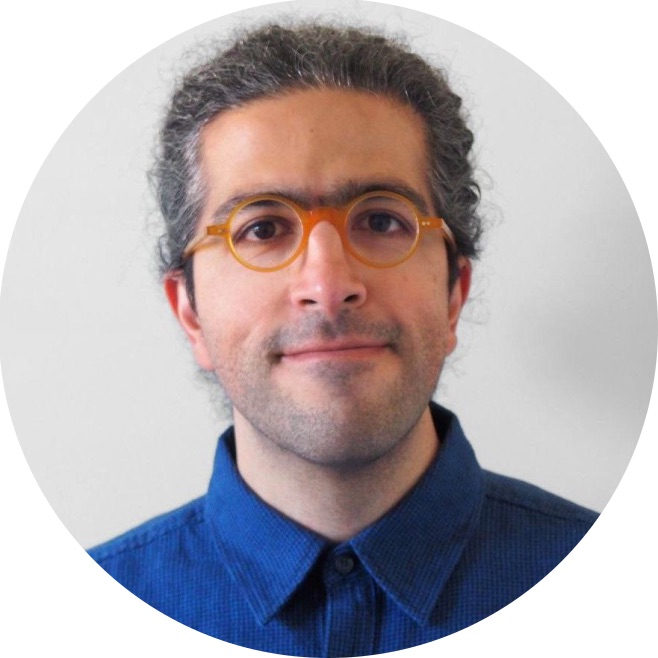
Saba Daneshgar
ProfessorCycling, trail running, hiking, music, reading
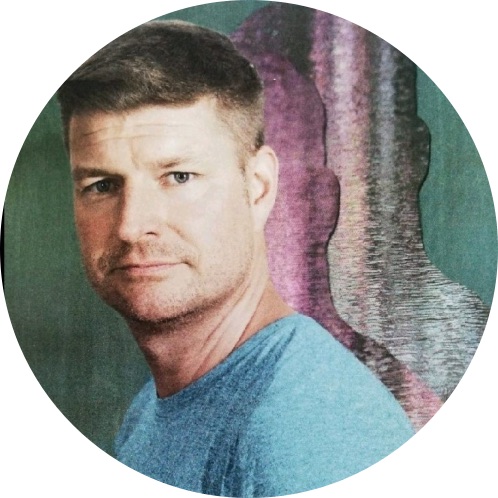
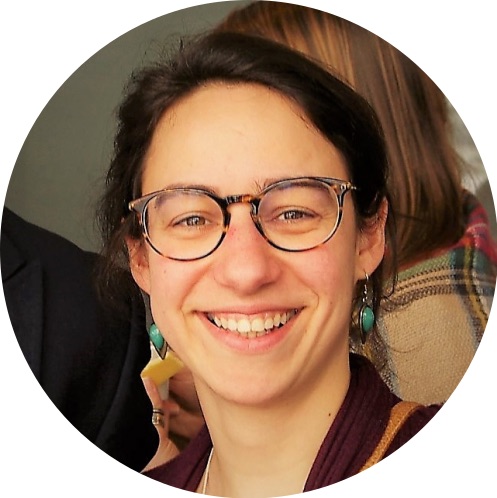
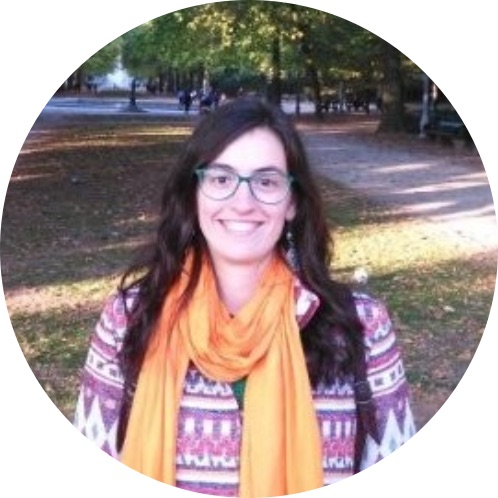
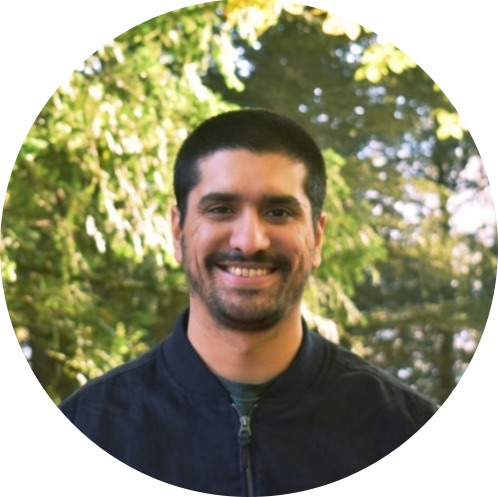
David Fernandes del Pozo
Postdocdavid.fernandesdelpozo@ugent.be
Development of concise denitrification models
Running, gaming, Travelling, Reading, Debating

Kimberly Solon
PostdocMusic (piano), Crafting, Photography, Nature walks, Cooking

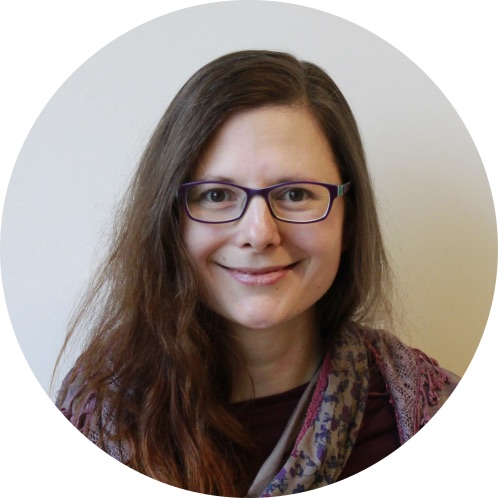

Jean-David Therrien
Postdoc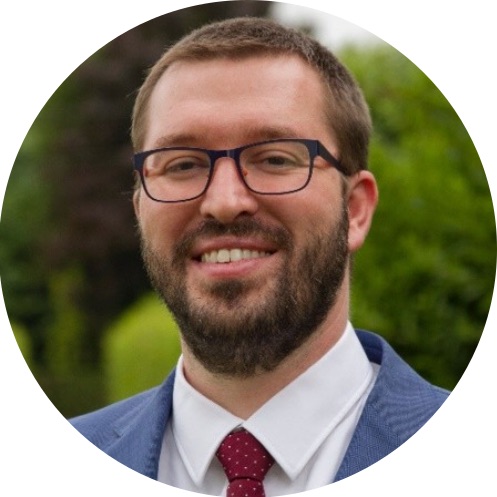
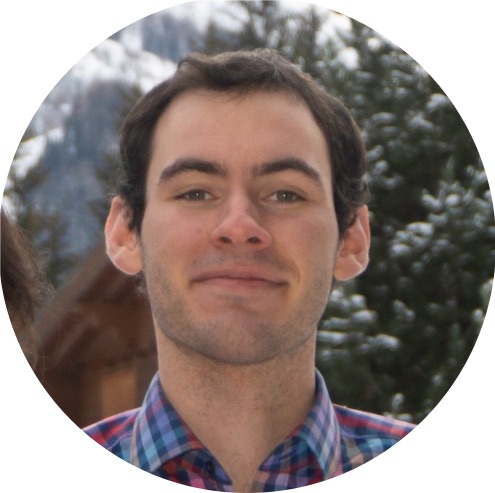

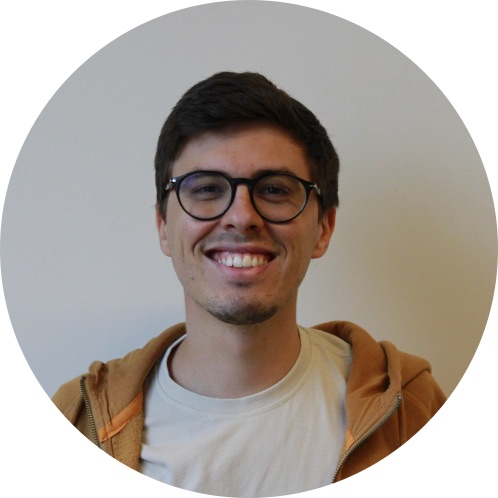
Diogo Abreu
PhD StudentNature walks, video games, finance, anime
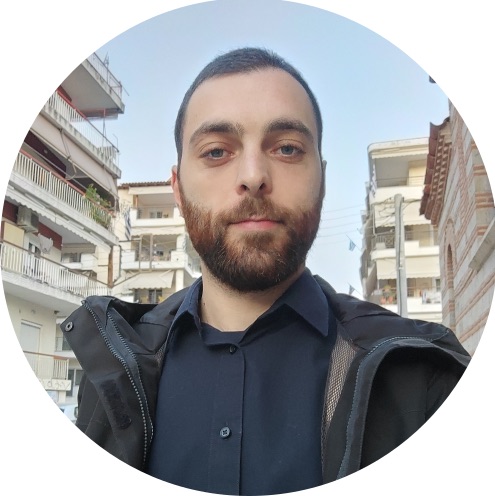
Athanasios (Thanos) Latinis
PhD StudentDevelopment and otpimization of an ontology-driven knowledge graph and a multi-agent system for decentralized water management.
basketball, football, chess, music, reading
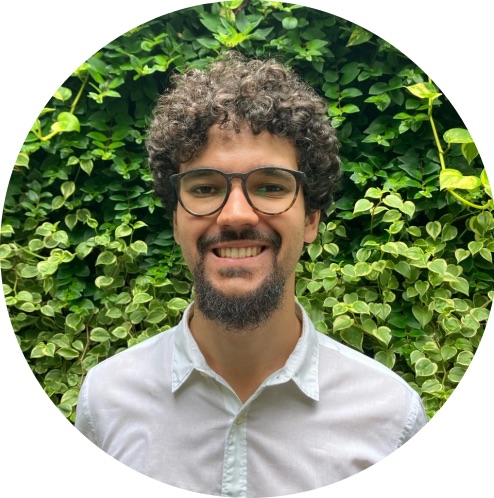
Antonio Silveira
PhD StudentTrekking, Playing the guitar, Yoga, Climbing
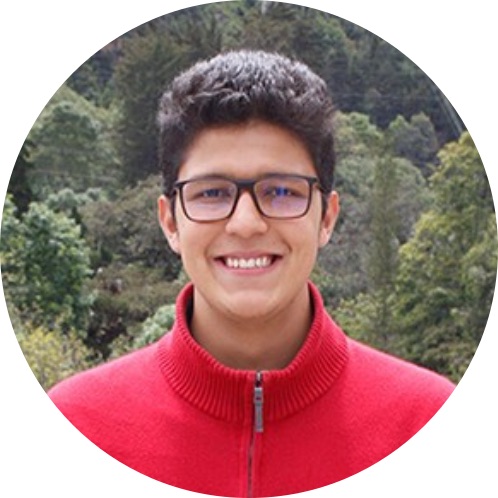
Cristian Gomez
PhD Studentcristiancamilo.gomezcortes@ugent.be
Cycling, bouldering, running, cooking, yoga
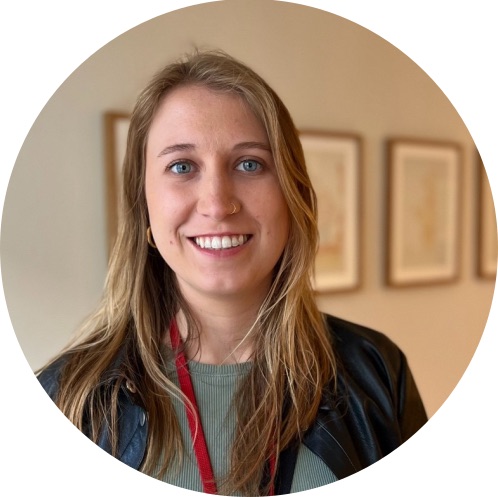
Loes Verhaeghe
PhD StudentGym, meeting friends, skiing, cooking
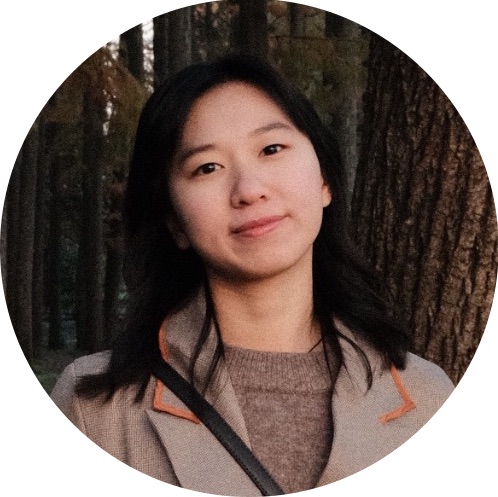
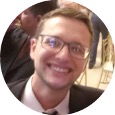
Elias De Rezende
PhD Student

Timpe Vogelaers
AdministrationTrail, walking, Music is Life, mountains
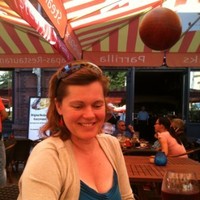

Emma Vandamme
Ms Student
Jianing Yin
Ms Student
Ward Claerhout
Ms Student
Mathijs Genbrugge
Ms Student
Jen-Yu Chen
Ms Student
Noah Janssens
Ms Student
Cyriel Carton
Ms StudentOur Publications
Coming soon - publications and research output will be displayed here.
Our Mission
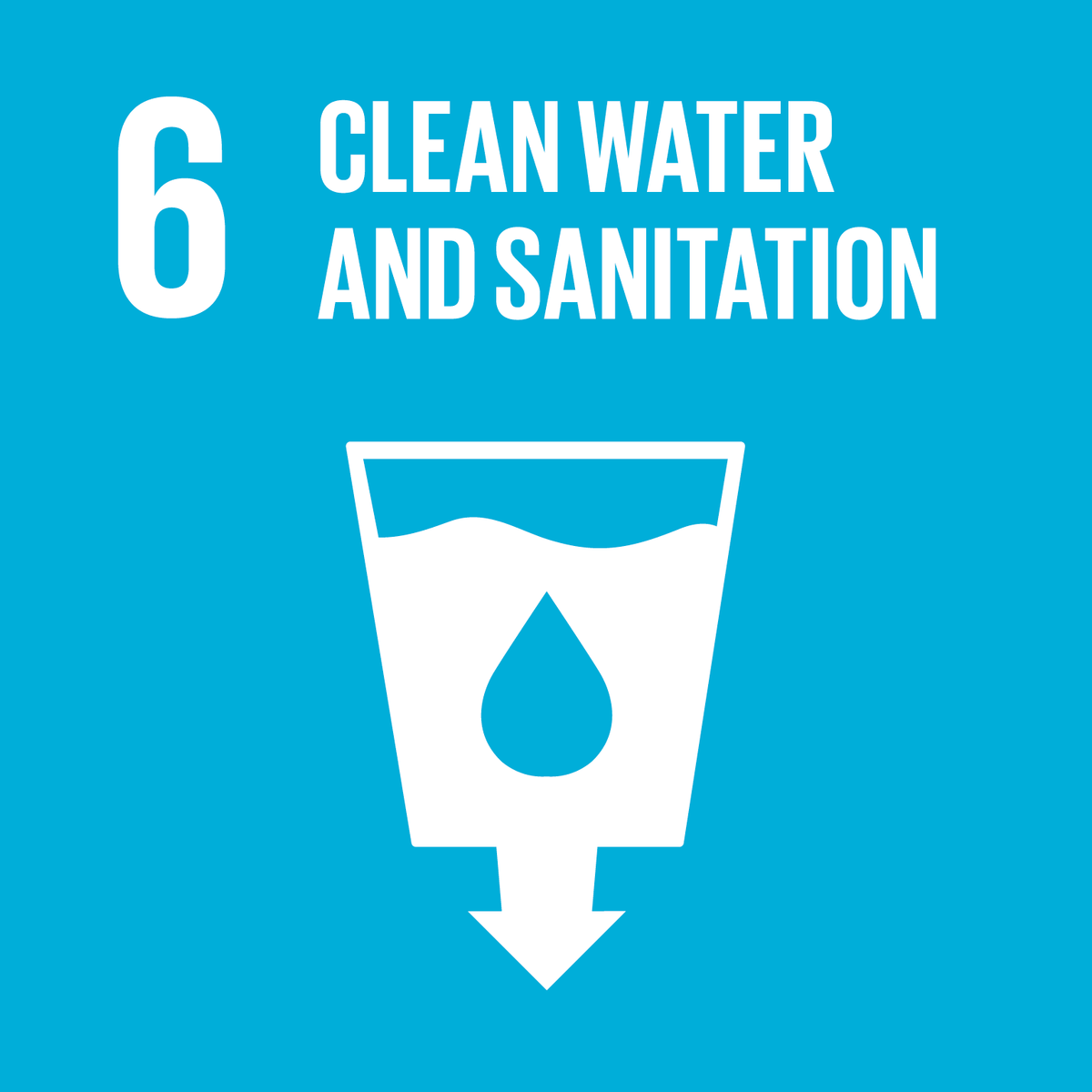
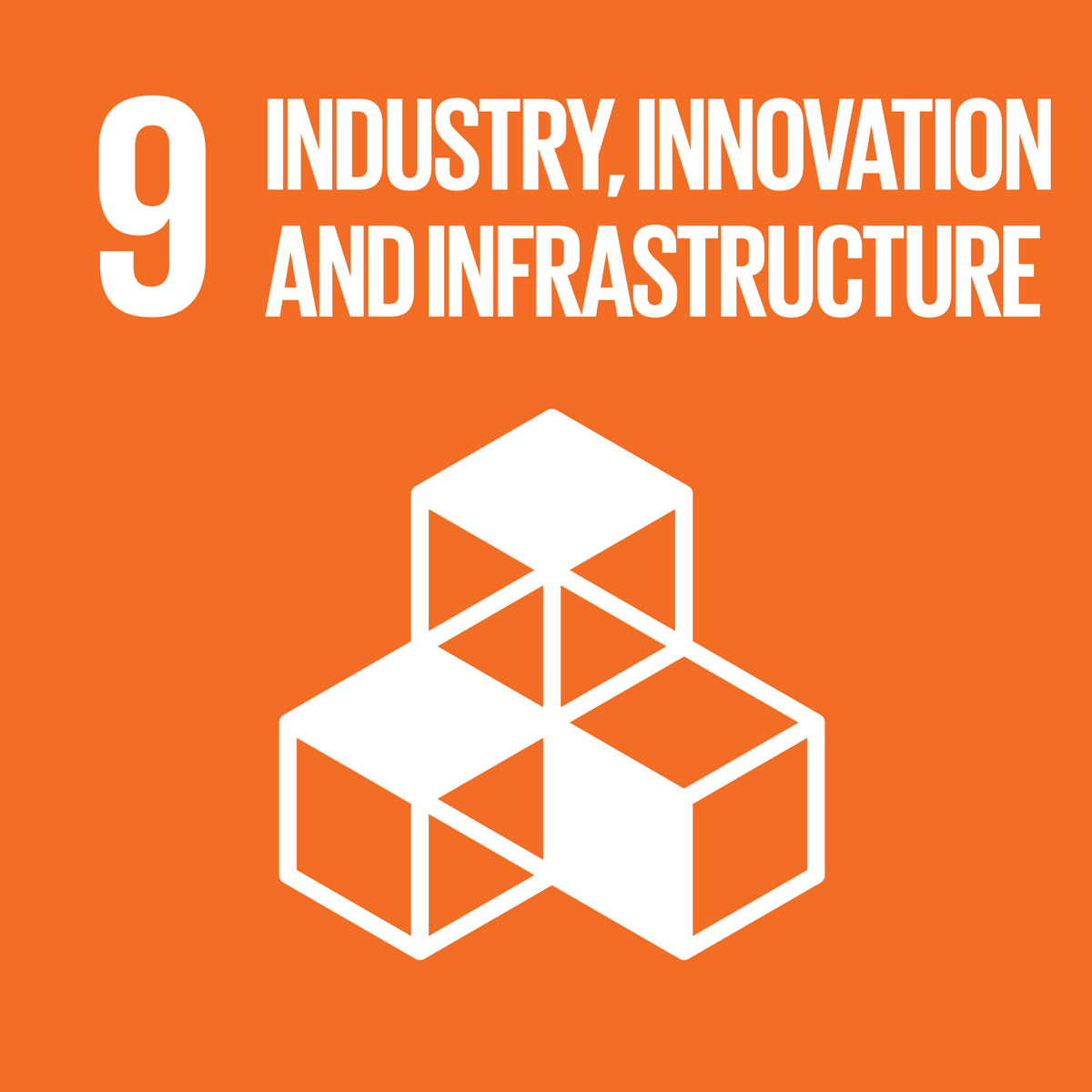


Our Alliances
Through strategic alliances, we forge partnerships that harness collaborative strengths, fostering innovation and growth to deliver exceptional value to our clients and communities.

Centre for Advanced Process Technology for Urban REsource recover
Office on the web FrameThe CAPTURE platform is a collaboration between professors from various UGent faculties with both Flemish and international private and public partners. The partners consider plastic, polluted water, and CO2 not as waste products but as raw materials.

